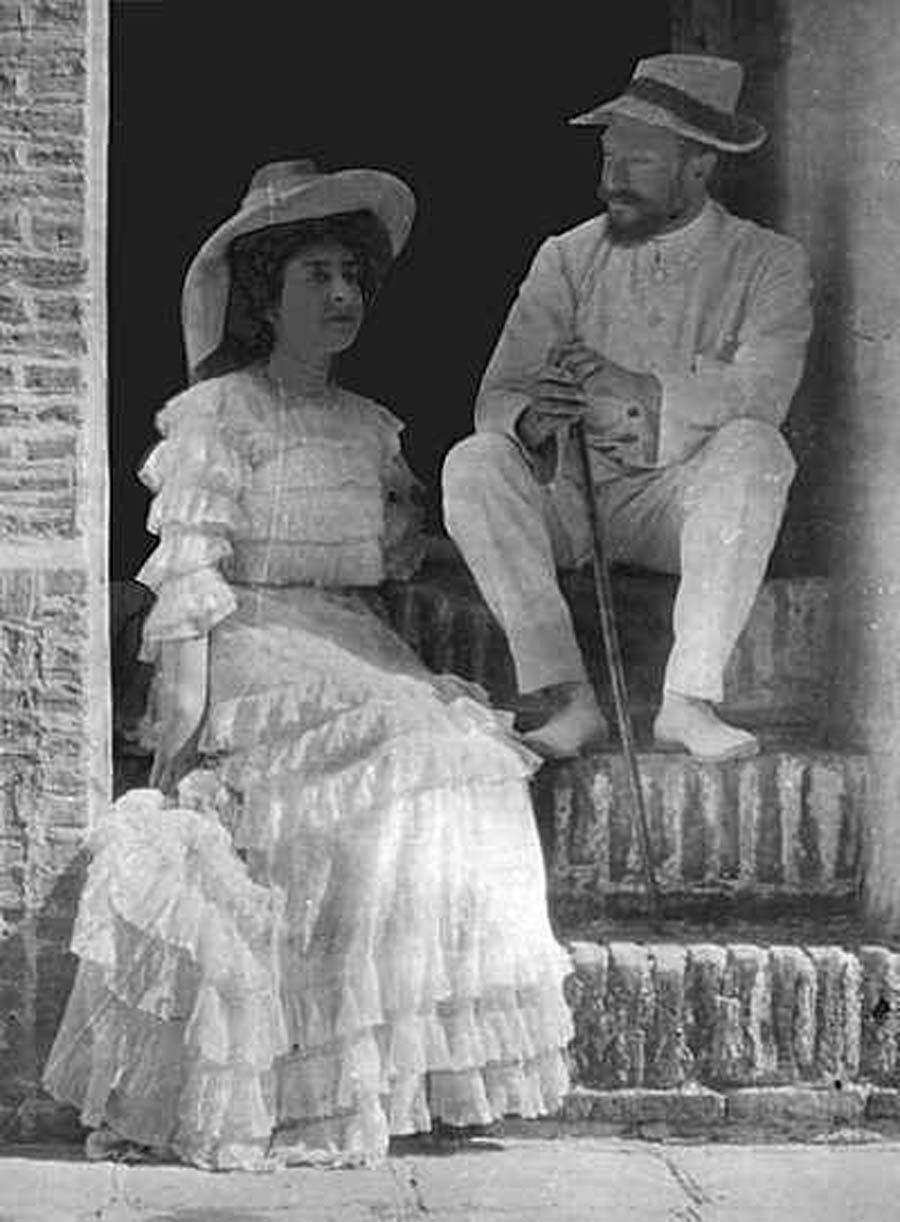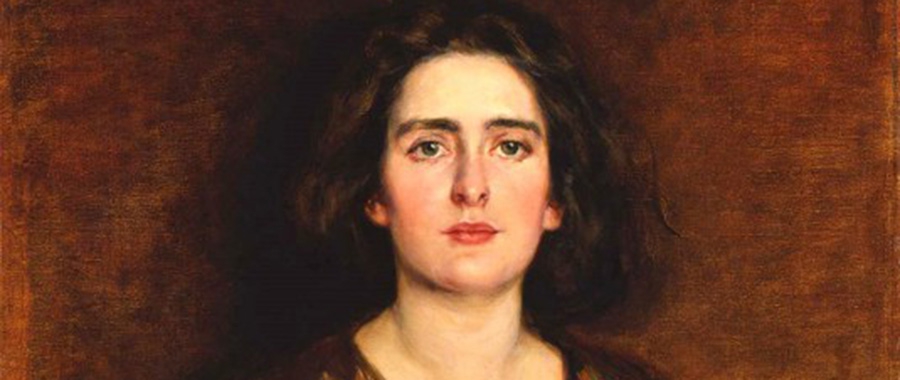The views expressed in our content reflect individual perspectives and do not represent the authoritative views of the Baha'i Faith.
In Judaism, Christianity and Islam, long dramatic traditions exist—many of them written and performed to celebrate the human spirit.
The earliest Jewish theatrical performances coincided with ancient Greek drama, and were inspired by the joyous singing and the musical instruments referenced in the Old Testament’s Psalms—which the Hebrew term tehillim defines as “songs of praise.”
For Christians, the passion play dramatically presents the Passion—that short period of the trial, suffering and death on the cross—of Jesus Christ. For Catholics, the passion play is a traditional part of the Lenten season, and is often performed on Easter.
In Shi’a Islam, a passion play or “condolence theatre” tradition called Ta’zieh observes and mourns the tragic death of Hussein, Muhammad’s grandson, celebrating his spirit of resistance, courage and spiritual sacrifice.
The Baha’i Faith, while still quite young in historic terms, has also inspired dramatic artists to immortalize its courageous heroes on the stage. The Baha’i teachings say that the dramatic arts are “of the utmost importance:”
The drama is of the utmost importance. It has been a great educational power in the past; it will be so again. – Abdu’l-Baha, Abdu’l-Baha in London, p. 93.
In her play God’s Heroes, for example, Laura Clifford Barney presented a five act drama focused on one of the 18 Letters of the Living appointed by the Bab to be his principal disciples, called Qurratu’l-Ayn (consolation of the eyes) by many of her contemporaries, and entitled Tahirih (the pure one) by the Bab. Her play was based upon historical events, as attested by its author in the postlude:

Laura Clifford Barney with husband Hippolyte Dreyfus in 1906.
In 1848 Qurratu’l-’Ain was about twenty-eight years of age. She was renowned for her beauty, eloquence, learning and poetry. In Karbala she became a follower of Sayyid Ali Muhammad, the Bab. When she returned to Qaswin, her native town, she was divorced by her husband on account of her belief. She was detained in her father s house, and later was accused of instigating her uncle s murder, for two reasons: (1)her known association with the Babis, and (2)her saying, in speaking of her uncle, Haji Mulla Muhammad Taqi, when he denounced the Bab: “I see his mouth fill with blood.” Three Babis were arrested for this murder. Then Mirza Salih Shirazi, a new follower of the Bab, who, still under the influence of former customs, had killed Haji Mulla Muhammad Taqi, surrendered himself, saying that he alone was responsible for the crime. Nevertheless, all four were condemned. Qurratu’l-’Ain, now under great suspicion, remained a prisoner in her father’s home until Baha’u’llah ordered her to escape to Tihran with Agha Hadi. She stayed in Baha’u’llah’s house a few days before starting out for the Mazandaran. There, a great council of Babis was held at Badasht, at which were discussed ways of spreading the Cause, whether they should attempt to release the Bab from prison, et cetera.
In this early stage of the Babi religion, many of its followers did not understand its real mission.
Baha’u’llah, who was present at Badasht, announced that the Cause should be fully disclosed at that place; there Qurratu’l-’Ain, on her own initiative, one day, her face unveiled, entered an assembly of men, and proclaimed that it was the Day of Resurrection. From her act and words great consternation ensued, in the midst of which Baha’u’llah gave the order to read aloud the sura of the Qur’an describing the Day of Resurrection [Surat al-Qiyama, #75]. Many turned away from the Cause; one man even killed himself. Jinab-i-Quddus, the greatly gifted disciple of the
Bab, and sympathetic fellow-helper of Qurratu’l-’Ain, was killed as described [in the play], at the fall of Shaykh Tabarsi. To defend Qurratu’l-’Ain against slander and abuse, the Bab named her Tahira, which means ‘The Pure’. After leaving Badasht she stayed in Nur, and from there when Shaykh Tabarsi had capitulated she was brought prisoner to Tihran and led before the Shah, who dismissed her with the words quoted in the fifth Act [translated by Professor E.G. Browne from the original Persian idiom]; nevertheless, she was confined in the Kalantar’s house for about two years. In 1850, Sayyid Ali Muhammad, the Bab, and a disciple were martyred, as related in the play. In 1852 [August 28] a deranged Babi made an attempt on the Shah’s life; many members of the community were hunted down and killed; several of these deaths are depicted by Husain in Act IV. On that same fateful day Qurratu’l-’Ain was brought from the Kalantar’s house to a desolate garden, and there a negro [slave] was commanded to strangle her. She died with great fortitude; her body was thrown into a dry well which stood in the garden. Babism increased and spread throughout Persia, and developed, through the influence of Baha’u’llah, into Bahaism [Baha’i Faith], called by his name the Universal Religion, which is now influencing men of all races and beliefs, throughout the world. – Laura Clifford Barney, God’s Heroes, pp. 104-106.
Here begins the story of God’s Heroes. When it is performed on stage, and perhaps depicted in film, there is no telling what influence it may have. While there are already many millions worldwide who are acquainted with the history of the Baha’i Faith and the vibrant personalities that populated its ranks from its onset, this new Faith is still known to relatively few. What a great discovery they have waiting for them!
As exciting as it is for us to re-discover the plays of Shakespeare, five hundred years after his passing, it is even more telling that we should be able to discover a play about this seminal event in the spiritual evolution of humanity—and only a century and a half after it actually happened.
















Comments
Sign in or create an account
Continue with Googleor